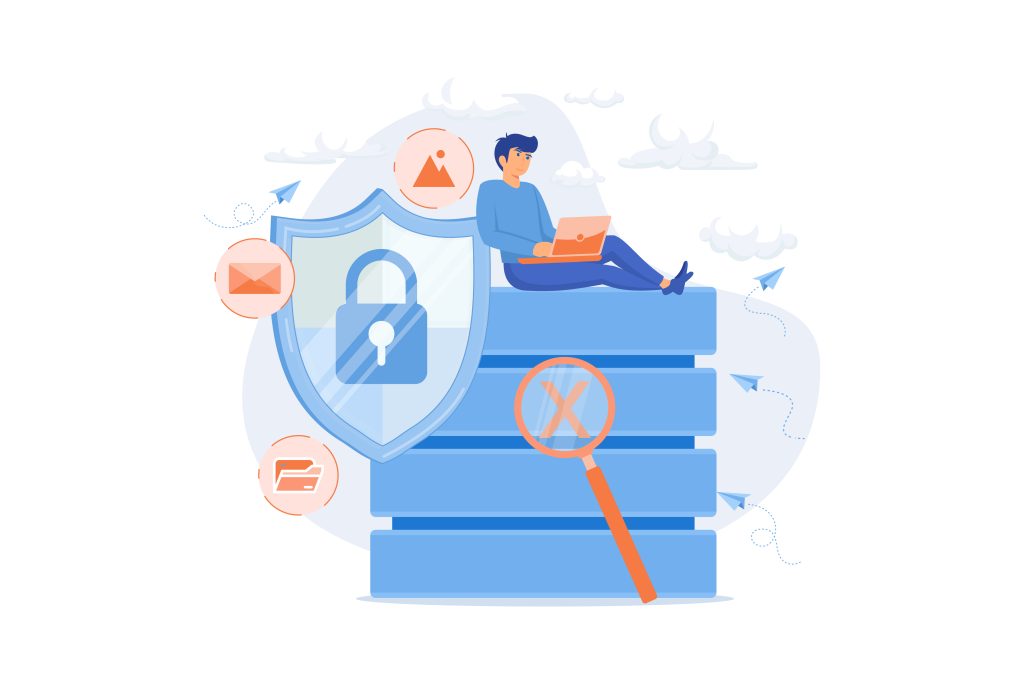If you’re a website owner, you’re probably aware that your personal information is available to the public on the Internet. This includes your name, address, phone number, and email address. While it may not seem like a big deal, this information can be used by spammers, hackers, and other unsavory characters to target you and your website. That’s where domain privacy protection comes in.
What is domain privacy protection?
Domain privacy protection is a service offered by domain registrars that hides your personal information from the public Whois database. When you register a domain name, you’re required to provide your contact information, including your name, address, phone number, and email address. This information is then published in the public Whois database, which is available to anyone with an Internet connection.
Domain privacy protection replaces your personal information with the registrar’s contact information. This means that if someone looks up your domain in the Whois database, they will see the registrar’s contact information instead of yours.
In some cases, registrars have removed personal information from the public Whois database entirely, or have replaced it with generic contact information to protect the privacy of domain registrants. This primarly applies to European domain registrants under the The General Data Protection Regulation (GDPR) that came into effect in May 2018.
Why is domain privacy protection important?
There are several reasons why you don’t want to skip out on domain privacy protection:
- Spam prevention: When your personal information is publicly available, you may start receiving unsolicited emails, phone calls, and physical mail from spammers.
- Identity theft prevention: Your personal information can be used by hackers and identity thieves to gain access to your financial and personal accounts.
- Privacy protection: If you’re a private individual or small business owner, you may not want your personal information to be publicly available.
- Security: Your personal information can be used to launch targeted attacks against your website, such as DDoS attacks, phishing attacks, and social engineering attacks.
- Brand protection: If you own a business, domain privacy protection can prevent your competitors from seeing your business strategy and contacting your customers.
How does domain privacy protection work?
When you enable domain privacy protection, the registrar replaces your personal contact information with their own contact information in the Whois database. This means that anyone who looks up your domain name will see the registrar’s contact information instead of yours.
Some registrars offer domain privacy protection as a free service, while others charge a fee. The fee varies depending on the registrar and the domain name extension.
Domain privacy protection is an essential service that every website owner should consider. It protects your personal information from spammers, hackers, and other unsavory characters, and can prevent identity theft and targeted attacks against your website. If you’re a private individual or small business owner, it can also help protect your privacy. So don’t skip out on domain privacy protection – it’s a small price to pay for peace of mind.
